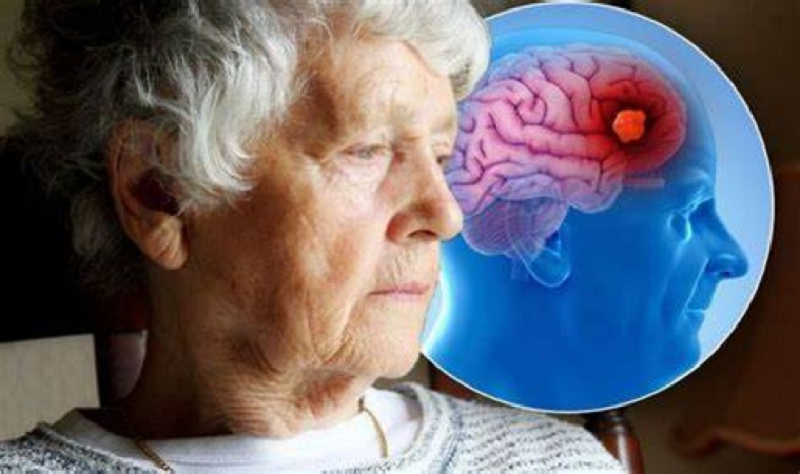Alzheimer's disease is a global health challenge affecting approximately 50 million people worldwide. This neurodegenerative condition is characterized by severe cognitive impairment and memory loss. Several important steps need to be taken to provide support to the affected people and their families.

raising awareness
1. Educate the public
Raising awareness is the first step in combating Alzheimer's. Run public awareness campaigns to dispel myths and educate people about the disease.
2. Early detection
Promote the importance of early detection and diagnosis, as this can have a significant impact on the course of the disease.
provide care and support
3. Supportive Care
Develop and enhance support systems for Alzheimer's patients and their caregivers, including community-based care programs.
4.Special Features
Increase availability of specialized care facilities, ensuring they are affordable and accessible.
5. Caregiver Training
Provide training and resources to help caregivers better understand and meet the challenges of caring for Alzheimer's patients.
advance research
6. Funding Research
Allocate more funding for Alzheimer's research to better understand the mechanisms of the disease and discover potential treatments.
7. Clinical trials
Encourage participation in clinical trials to test new treatments and interventions.
8. Collaborative Research
To promote collaboration between researchers and institutions globally to accelerate progress.
promote a healthy lifestyle
9. Physical Activity
Promote regular physical activity, which has been shown to have a positive effect on cognitive health.
10. Balanced diet
Encourage a balanced diet rich in brain-boosting nutrients like omega-3 fatty acids and antioxidants.
11. Mental stimulation
Emphasize the importance of mental stimulation through activities such as puzzles, reading, and social interaction.
provide financial assistance
12. Health Insurance
Advocate for comprehensive health insurance coverage that includes Alzheimer's care.
13. Financial Aid
Create programs and resources to help families manage the financial burden of Alzheimer's care.
Legal and ethical considerations
14. Legal Aid
Ensure that legal frameworks are in place to protect the rights and well-being of Alzheimer's patients.
15. Ethical Care
To promote ethical care standards and guidelines for the treatment of Alzheimer's patients.
global cooperation
16. Sharing best practices
Establish platforms for countries to share best practices and experiences in Alzheimer's care and research.
17. International cooperation
Encourage international cooperation in the fight against Alzheimer's disease.
mental health support
18. Psychological Services
Make psychological services more easily available to patients and their caregivers.
19. Reducing Stigma
Work to reduce the stigma associated with Alzheimer's to encourage people to seek help. Tackling the Alzheimer's epidemic globally requires a multifaceted approach. From raising awareness and funding research to providing care and support for patients and their caregivers, these steps are critical in offering a brighter future for the 50 million people living with Alzheimer's disease worldwide.










